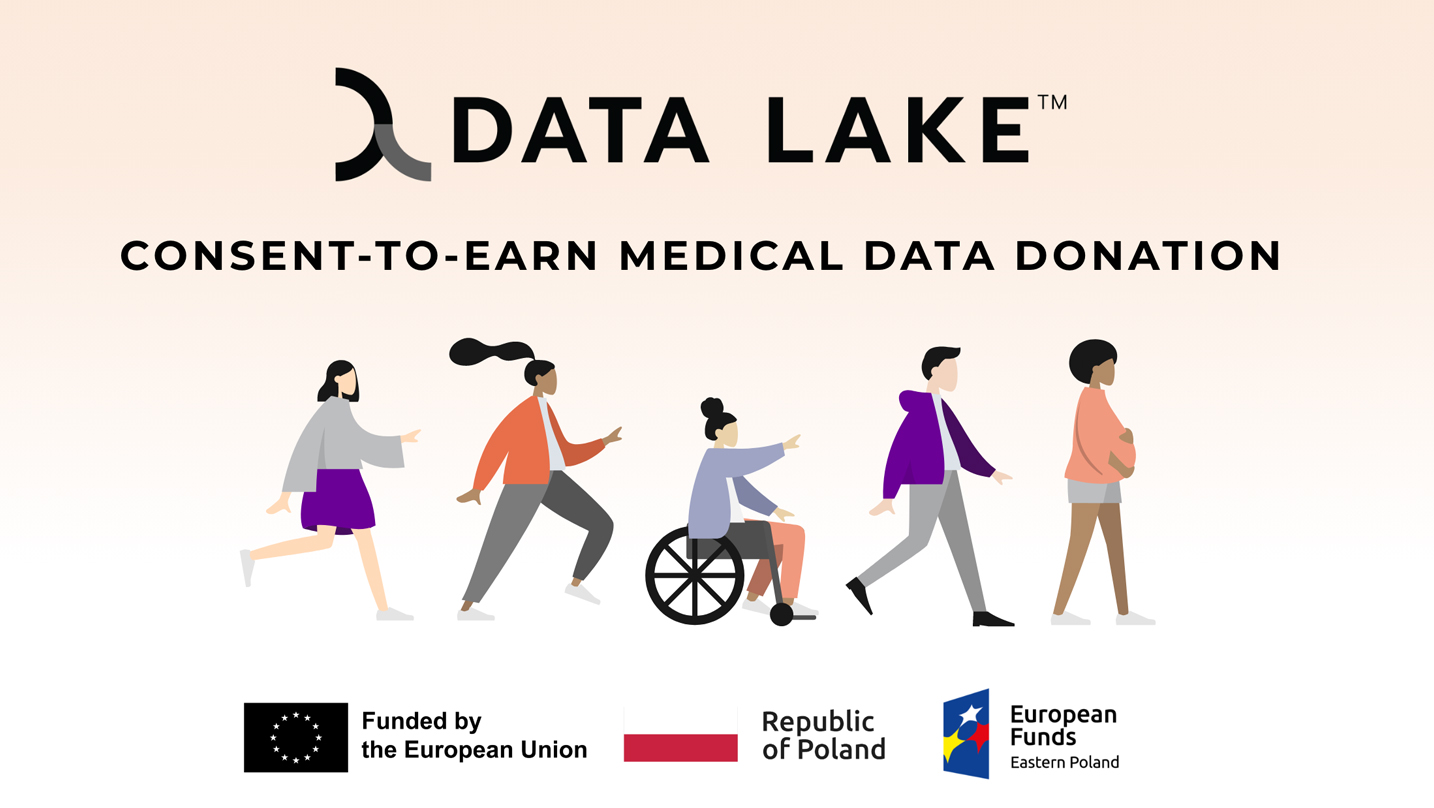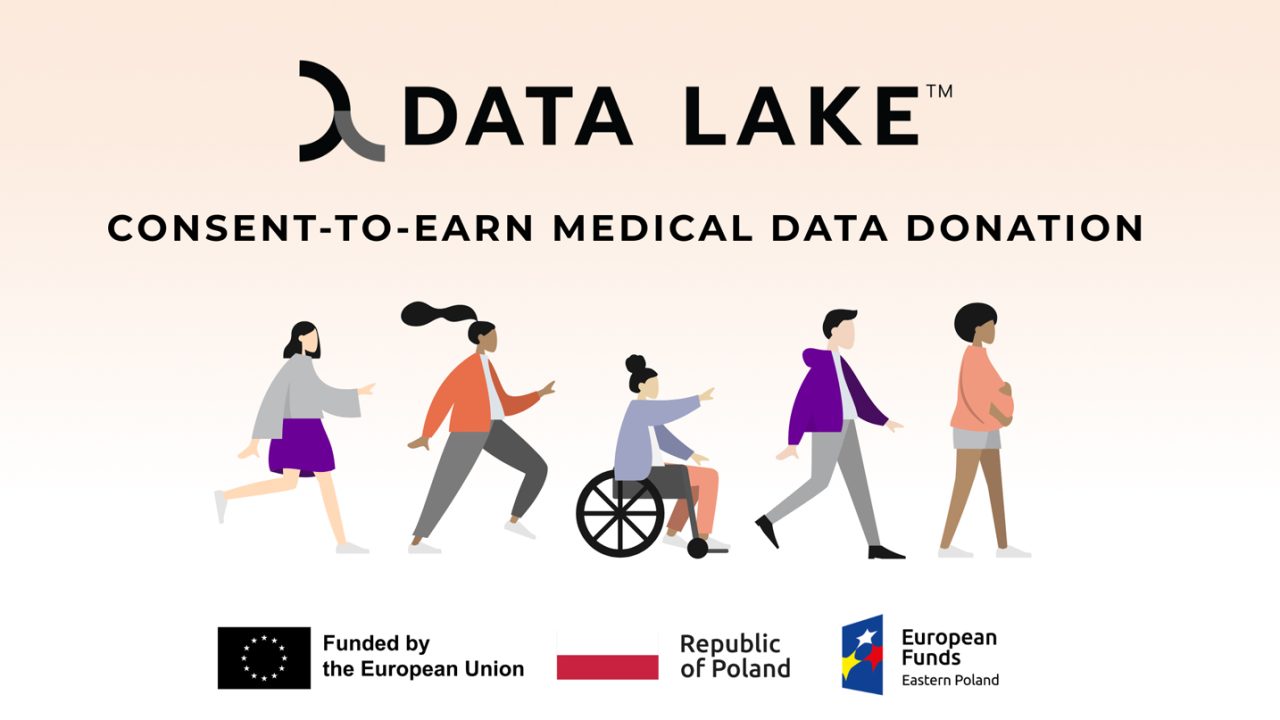Data Lake Secures First Blockchain-Based Consents for Medical Data – Press release Bitcoin News

[ad_1]

press release
PRESS RELEASE. December 2th, Warsaw – Poland: Data Lake has collected the first consents on the blockchain for patients’ medical data to be used by researchers. The company is an EU-funded startup that is seeking to solve two of the biggest problems in medical science: access to medical data, and bias in datasets.
In much of the world, researchers do not have easy access to high-quality medical data. Patient privacy and donor consent are two other core issues, and so far there has been no solution that guarantees both of these.
The Data Lake system seeks to rectify that, by launching a global and consent-based medical data donation platform. It uses distributed ledger technology and an advanced anonymization methodology to ensure that people can confidently and safely share their medical data with researchers and scientists. For researchers it means having a legal guarantee of the provenance of the data, and the ability to know with absolute certainty that they are using data that has been contributed with the consent of patients. During its pre-launch phase, the company has already received more than 20 LOIs for orders of consent-based medical data.
Going beyond data altruism alone, Data Lake has launched a novel Consent-to-Earn model, creating a tokenized ecosystem that rewards all participants – including donors – and that aligns the interests of all stakeholders rather than favoring the big players. This offers people the ability to self-monetize their data, the proceeds of which they have historically been excluded from accessing. They are launching the LAKE token on December 7th.
Data Lake is already collecting consents in multiple Polish healthcare facilities, in partnership with the Polish Donate Your Data Foundation (Podaruj Dane). The foundation provides materials for patients and healthcare facilities, training for educators, as well as spending time in hospitals talking directly with patients about data donation, privacy, and how they can help save lives by contributing to medical research. A considerable percentage of patients are happy to share their anonymized data with researchers, and their oldest donor is in their nineties – proving that such a system has broad appeal.
Data Lake recently won the Ernst & Young Startup Academy award, and have attracted investment from a broad range of investors including YCombinator founders through OrangeDAO.
Next year Data Lake plans to expand their system across Europe, with the goal of setting an international standard for the private and secure sharing of medical data.
About Data Lake:
Data Lake is building a global medical data donation system based on blockchain technology and with a Consent-to-Earn incentives mechanism. They’re empowering people to give consent to the usage of their medical data in a safe, easy and private way, while providing large data sets that revolutionize scientific research and medical studies. Their Consent-to-Earn model rewards those who contribute their medical data to science.
Data Lake Website | Data Lake Twitter | Data Lake Telegram | Data Lake Medium | Data Lake LinkedIn
Press Contact: Dinidh O’Brien
Contact Title: Global Head of Public Relations
Contact Email: [email protected]
This is a press release. Readers should do their own due diligence before taking any actions related to the promoted company or any of its affiliates or services. Bitcoin.com is not responsible, directly or indirectly, for any damage or loss caused or alleged to be caused by or in connection with the use of or reliance on any content, goods or services mentioned in the press release.
Image Credits: Shutterstock, Pixabay, Wiki Commons
[ad_2]
Source link
